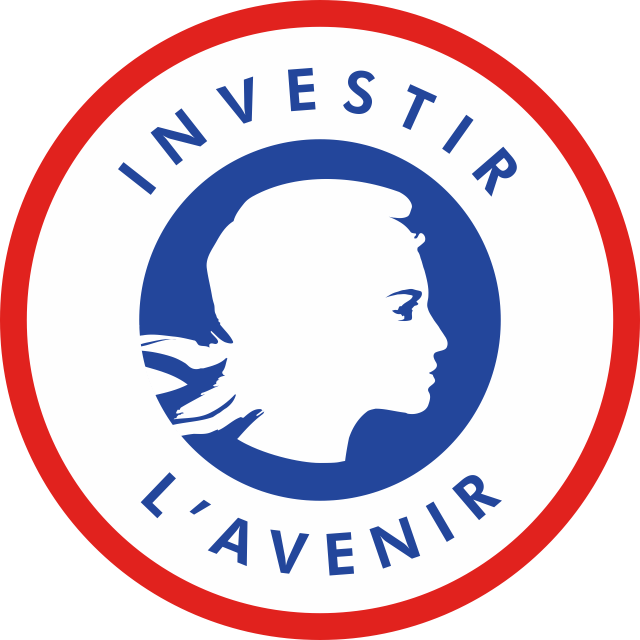The CLand team is co-organizing with E4C and The Chaire Energy and Prosperity an online workshop, on Friday November 10, 2023, on Climate policy, Bioenergy and Land-use.
Workshop abstract
Bioenergy will likely play a role in a climate neutral economy either in the power sector or, downstream, to decarbonize sectors difficult to electrify (air and marine transportation, trucks, some industries). However, Bioenergy is controversial because of competing land uses, most notably for food production and natural carbon sink. The production of dedicated energy crops may entail a large carbon opportunity cost, resulting in an unclear carbon balance. In the absence of an exhaustive pricing of carbon emissions, such as a tax on emissions and payment for sequestration, the design of bioenergy support schemes is a complex endeavour that requires careful consideration.
The workshop aims to identify the key uncertainties and debates regarding the role of bioenergy in a climate neutral economy, at national and global scales, and the challenges for the design of climate policies.
The workshop will gather researchers, industry experts, and policymakers to expose their views and
analysis on current issues regarding bioenergy regulation.
Coordinators: Guy Meunier (PSAE), Thierry Brunelle (CIRAD), Nandeeta Neerunjun (GAEL).
- Registration Form : https://urlz.fr/nTCO
Please see below the presentations made by the speakers during this workshop
Integrated assessment of biomass supply and demand in climate change mitigation scenarios
Vassilis Daioglou
PBL Netherlands Environmental Assessment Agency
Land-based mitigation in integrated assessment models: insights from the IPCC 1.5 database
Thais Diniz Oliveira
Food Systems and Global Change, Cornell University
Policy challenges in the Deployment of Cabin Dioxide Removal methods
Emma Jagu Schippers
CentraleSupélec
System-wide assessment of forest biomass production, markets, and carbon
Alice Favero
RTI
The forestry sector at the crossroads of climate change and energy transition: an overview of the French national plans
Esther Devilliers
BETA-INRAE
Avoided emissions from wood use are not systematic. A meta-analysis on the substitution potential of wood
Aude Valade
CIRAD, UMR ECO&SOLS
Agenda
|
14h - 14h10 |
Welcome address
|
|
14h10 - 15h10 |
Scenarios of bioenergy production to mitigate climate change
Vassilis Daioglou, PBL Netherlands Environmental Assessment Agency Integrated assessment of biomass supply and demand in climate change mitigation scenarios.
Thais Diniz Oliveira, Food Systems and Global Change, Cornell University Land-based mitigation in integrated assessment models: insights from the IPCC 1.5 database
Emma Jagu Schippers, CentraleSupélec Deployment of Carbon removal options |
|
15h10 - 15h30
|
Break |
15h30 – 16h30 |
Bioenergy from forest, sink or source
Alice Favero, RTI System-wide assessment of forest biomass production, markets, and carbon
Esther Devillier, BETA-INRAE The forestry sector at the crossroads of climate change and energy transition: an overview of the French national plans
Aude Valade, CIRAD, UMR Eco&Sols Avoided emissions from wood use are not systematic. A meta-analysis on the substitution potential of wood. |
|
|
End of the workshop |



